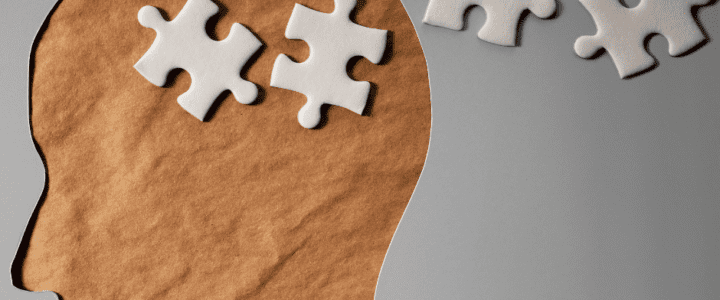Suppose you have a loved one transitioning into a memory care community near Sugar Land, TX. In that case, you’re likely wondering how best to support them in this new chapter of their life. Partnering with the memory care team ensures your loved one feels comfortable, safe, and cared for. Here are some key tips to help you navigate this journey:
Educate Yourself
Even if you’ve already spent time learning about your loved one’s memory loss condition, it’s essential to understand your role in their care now that they’re in a memory care community.
Take the time to familiarize yourself with the facility’s staff’s operations and daily routines. Ask questions to understand their processes and find ways to support their efforts. By working collaboratively with the team, you’ll ensure your loved one receives consistent and effective care.
Choose the Right Community
Selecting a quality memory care community is crucial for your loved one’s comfort and safety. Look for a community with experienced, compassionate staff, engaging amenities, and a strong focus on safety and well-being.
At The Village at Sugar Land, we provide a welcoming, home-like environment where residents can enjoy group activities and private moments. Our individualized programs are designed to keep residents entertained, engaged, and thriving. It’s truly a “home away from home” experience.
Visit Regularly and Stay Engaged
Regular visits can make a world of difference, even if your loved one has difficulty recognizing you. Your presence provides comfort and reassurance, creating a sense of stability for them.
Frequent visits also allow you to build relationships with the staff. Share updates about your loved one, ask questions, and stay informed about their care. Open communication helps ensure your loved one’s needs are met and provides peace of mind for you.
Experience The Village at Sugar Land Difference
At The Village at Sugar Land, we prioritize our residents’ comfort, safety, and engagement. Our team is here to partner with families to create the best possible experience for their loved ones.
Schedule a lunch tour to see our memory care services in action!
📧Email: [email protected]
📞Call: 281-729-8800
🌐Visit: villageatsugarland.com
Let us help you and your loved one feel at home. 💖










